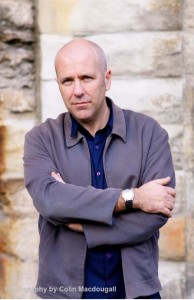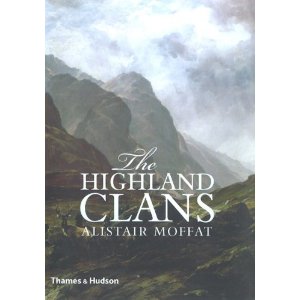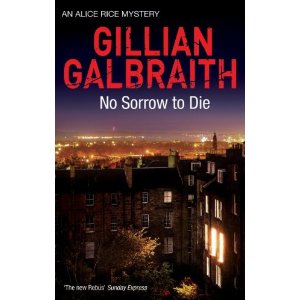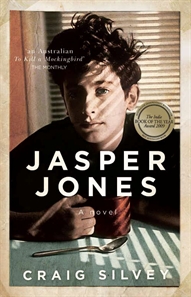 Craig Silvey’s novel Jasper Jones was shortlisted for the Miles Franklin Award this year. Most commentators thought it a surprise inclusion, along with Sonya Hartnett’s Butterfly. It was unusual, the argument went, for YA books to be considered. However, surprisingly, Jasper Jones was not published as YA but as adult literary fiction. And that raises the question, what makes JJ fit in this category?
Craig Silvey’s novel Jasper Jones was shortlisted for the Miles Franklin Award this year. Most commentators thought it a surprise inclusion, along with Sonya Hartnett’s Butterfly. It was unusual, the argument went, for YA books to be considered. However, surprisingly, Jasper Jones was not published as YA but as adult literary fiction. And that raises the question, what makes JJ fit in this category?
The novel has a thirteen year old narrator, Charlie Bucktin, and the story follows Charlie through a hot summer in a small town in WA as he grapples with his involvement of the cover up of the death of a girl, Laura Wishart, in an attempt to help the eponymous Jasper Jones who fears he will be accused of her murder. Along the way we follow the vicissitudes of Charlie’s ever cheerful Vietnamese friend Jeffrey Lu, problems at home with Charlie’s unhappy mother, and the beginnings of a relationship with Eliza, the dead girl’s sister. The novel is written in an energetic, almost breathless style that is accessible to young readers. It is also full of wonderful imagery and original turns of phrase.
But does this all add up to adult literary fiction? Could it be that Silvey’s references to Harper Lee and Mark Twain throughout the novel have led critics to elevate JJ to the exulted firmament where these texts reside? There is indeed a Boo Radley figure in the feared Mad Jack Lionel, where the town boys’ rite of passage is to steal a peach from the tree near Mad Jack’s house, and there are also instances of racism against a Vietnamese family and the town’s normative acceptance of this. As narrator, Charlie Bucktin explicitly likens his mild-mannered father to Atticus Finch, unfavourably. In the case of Twain’s Huckleberry Finn, the comparison is less clear. Charlie, though a self-deprecating narrator with a flair for words, is much more straightforward than Huck. Silvey may be referencing the verbal gymnastics of Twain’s dialogue in Charlie’s sparring with his friend Jeffrey Lu, and the use of vernacular in the speech of the half-Aboriginal Jasper Jones (the first less successful than the second) but, however Silvey references these texts, which were obviously starting points for his approach to writing this novel, I think, JJ falls short of what should be expected of a top literary award.
That is not to say Jasper Jones is not an enjoyable book that successfully portrays a boy’s struggle to maturity and the banalities and cruelties of small town life; and it’s not surprising that it has sold well and been generally loved by those who’ve read it. But does it in any way say something new, is it challenging to the reader, does it raise issues in a sophisticated way, is its language compelling and elevating? The answer has to be no. It shouldn’t have been on the Miles Franklin shortlist. On the other hand Jasper Jones did win the Australian Book Industry Book of the Year and the Booksellers Choice Award, and deservedly so.
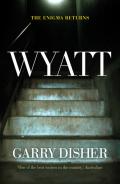 This years Ned Kelly award for best fiction went to Garry Disher for Wyatt and best first fiction to Mark Dapin for King of the Cross.
This years Ned Kelly award for best fiction went to Garry Disher for Wyatt and best first fiction to Mark Dapin for King of the Cross.


